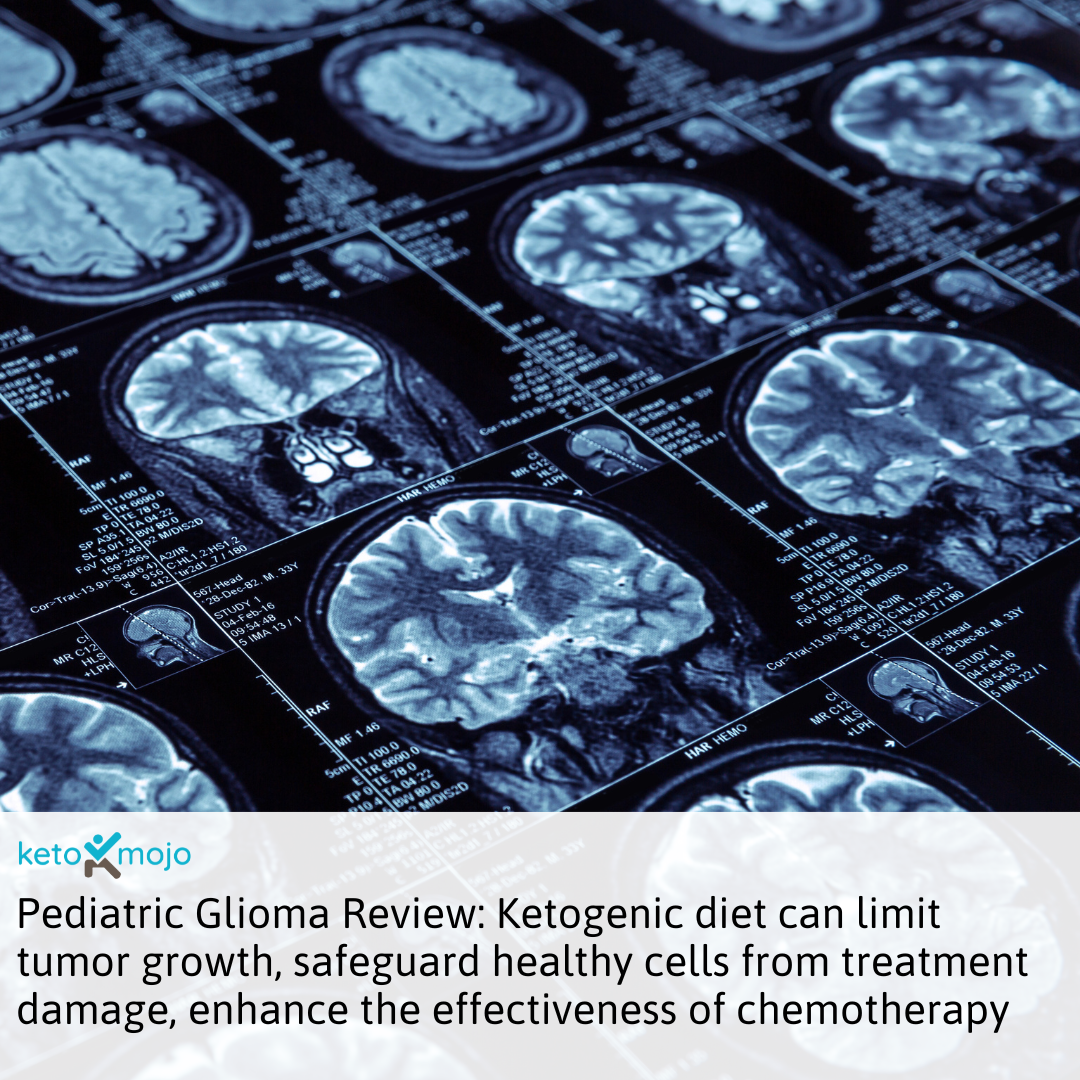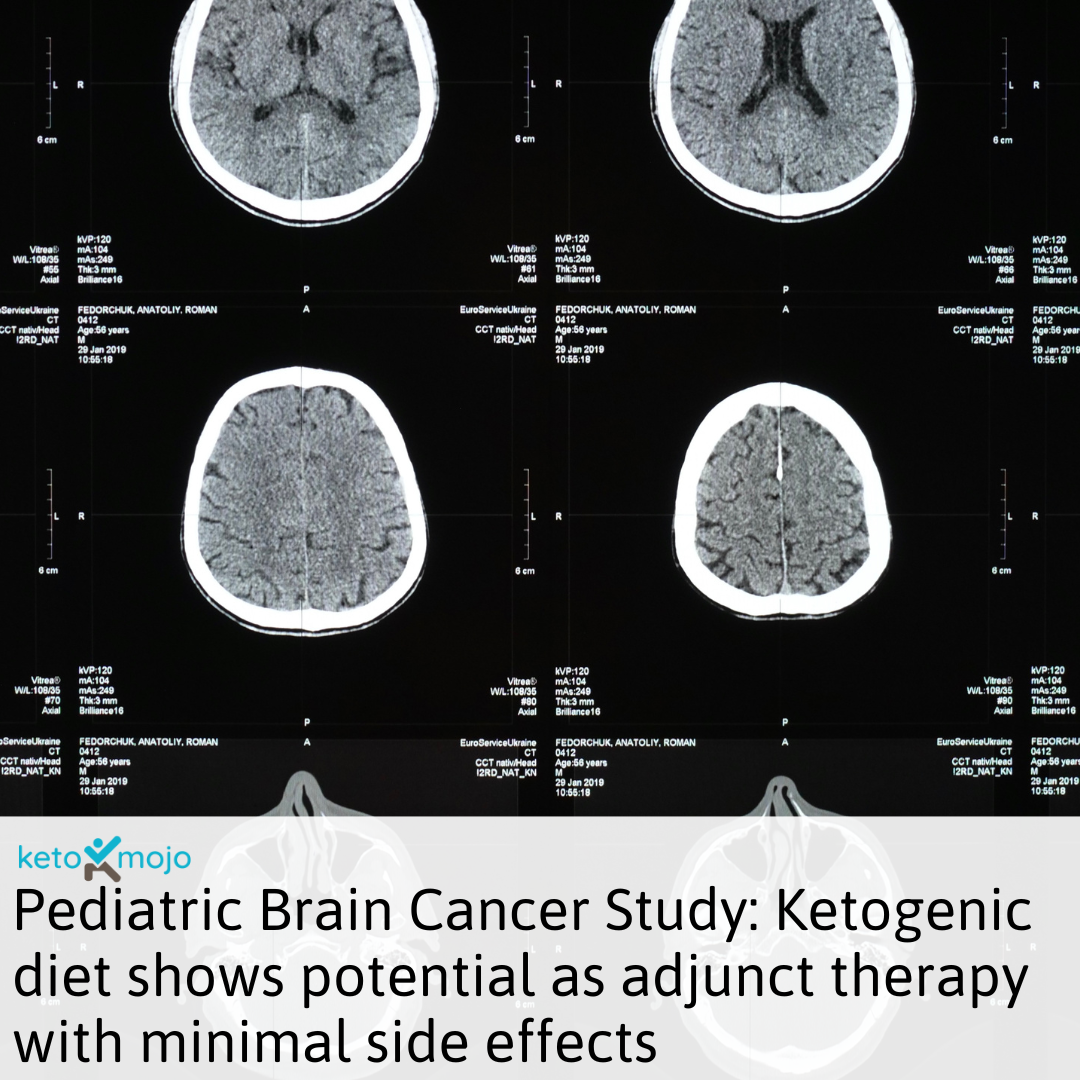Cancer
Current knowledges in pharmaconutrition: “Ketogenics” in pediatric gliomas

Brain tumors constitute 20-25% of pediatric cancers, with Glioma being the most common. Current treatments, which include chemotherapy and surgery, have severe side effects.
This has led to the exploration of individualized treatments, including pharmaconutrition, which combines medication with a specific diet.
Pediatric gliomas’ survival rates vary significantly based on their grade, with some having a very poor prognosis. One challenge in treatment is cancer stem cells, which are resistant to conventional treatments.
Recently, the ketogenic diet has gained interest as a supplementary treatment for cancer. Ketogenic diets are known to alter the body’s metabolism, with liver hepatocytes transforming dietary fats into energy substitutes, which tumor cells seem unable to use effectively.
Its potential benefits in the cancer context include
→ limiting tumor growth
→ safeguarding healthy cells from treatment damage
→ enhancing the effectiveness of chemotherapy drugs
Given cancer’s unique metabolic characteristics, such as compromised mitochondrial function, ketogenic diets and other nutritional strategies are being explored for their potential to modulate tumor responsiveness during treatment.
Dietary compounds play a key role in influencing epigenetic changes, and there’s growing evidence linking these changes to the ketogenic diet. It may influence gene transcription through various epigenetic processes, including DNA methylation and modifications in histone structure.
Tumors consistently show increased levels of oxidative stress and reactive oxygen species. The ketogenic diet intensifies oxidative stress in tumor cells but also offers neuroprotective benefits by reducing reactive oxygen species production in healthy cells.
While many studies have explored the ketogenic diet’s effects on glioma, pediatric-specific studies are limited. Understanding childhood cancer through the lens of epigenetics emphasizes the need to consider environmental factors and the potential role of nutrition in both the cause and treatment of the disease.





